Modeling Ancient Wildfires
 MITgcm sheds light on climate–vegetation–fire feedbacks in the early Triassic.
MITgcm sheds light on climate–vegetation–fire feedbacks in the early Triassic.
Life in Hot Water
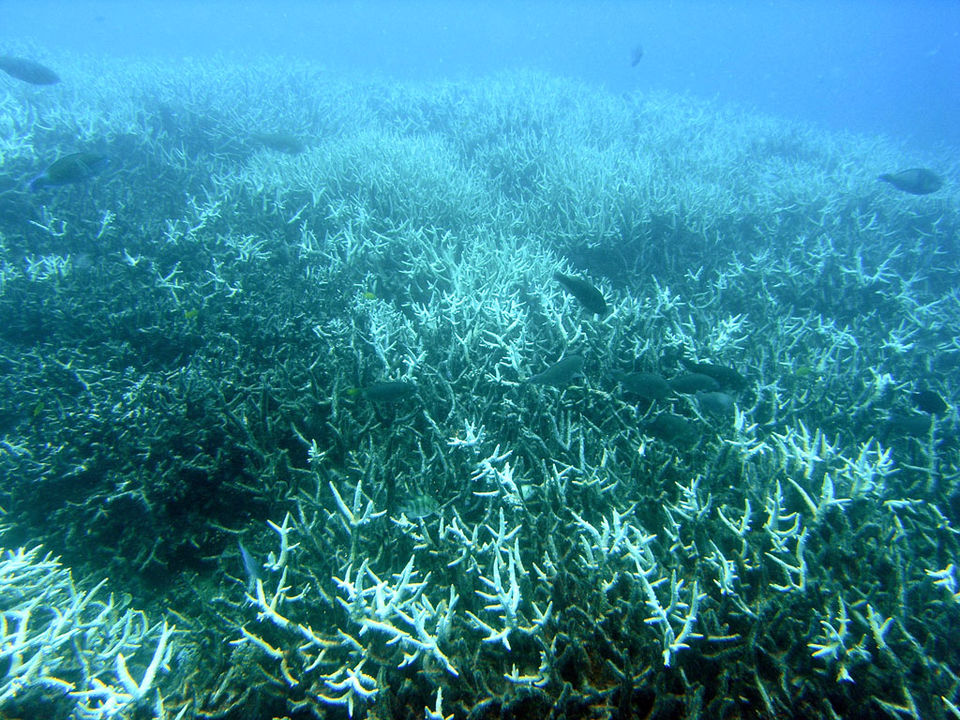
Researchers at the University of Hawai’i, Manoa, and the Coral Reef Research Foundation, Palau use ECCO state estimates in their study of how western tropical Pacific temperature conditions impact coral bleaching.
A Big Enough Flood
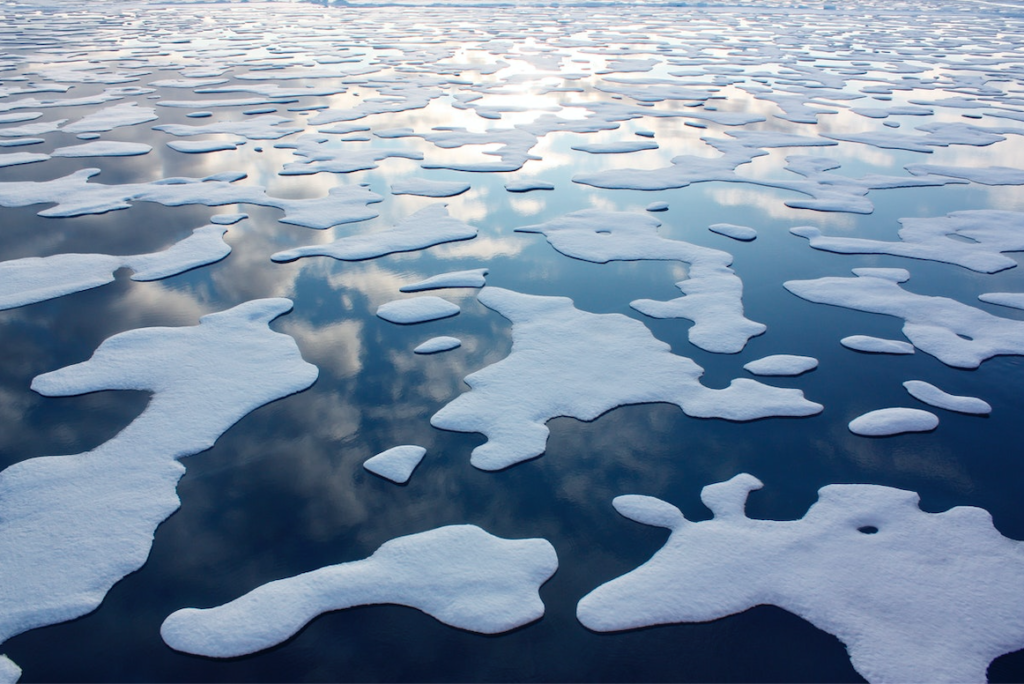 Geologists from WHOI and UMass have been using MITgcm to probe whether melting arctic sea-ice could have slowed the AMOC enough to precipitate the Younger Dryas.
Geologists from WHOI and UMass have been using MITgcm to probe whether melting arctic sea-ice could have slowed the AMOC enough to precipitate the Younger Dryas.
Tracking Down Climate’s Tipping Points
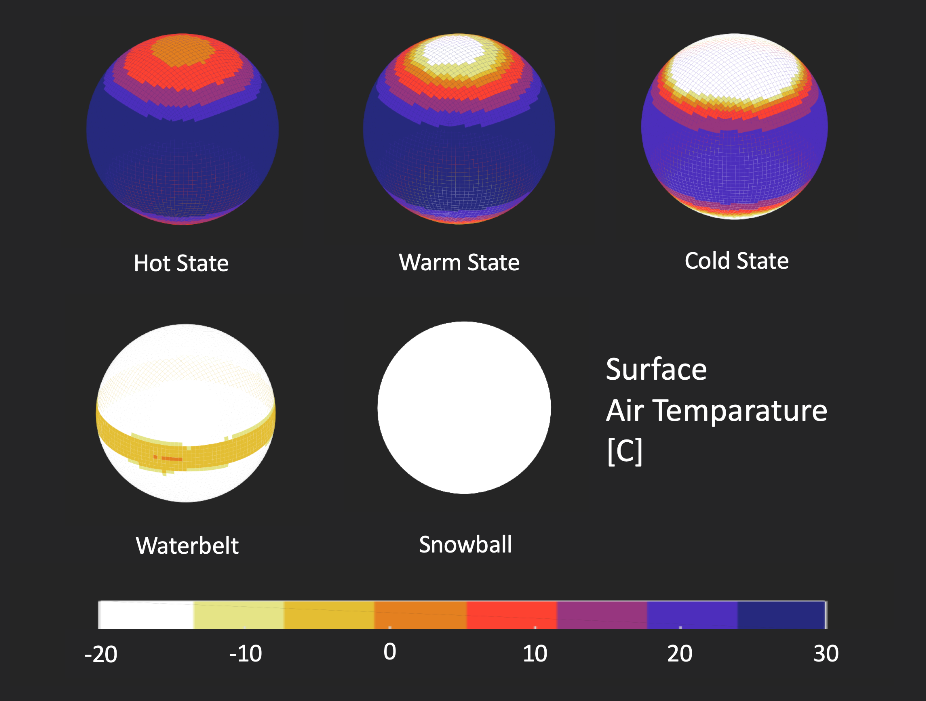 A group at UNIGE in Switzerland uses MITgcm aquaplanet experiments to probe climate sensitivity.
A group at UNIGE in Switzerland uses MITgcm aquaplanet experiments to probe climate sensitivity.
Tracking the Heat
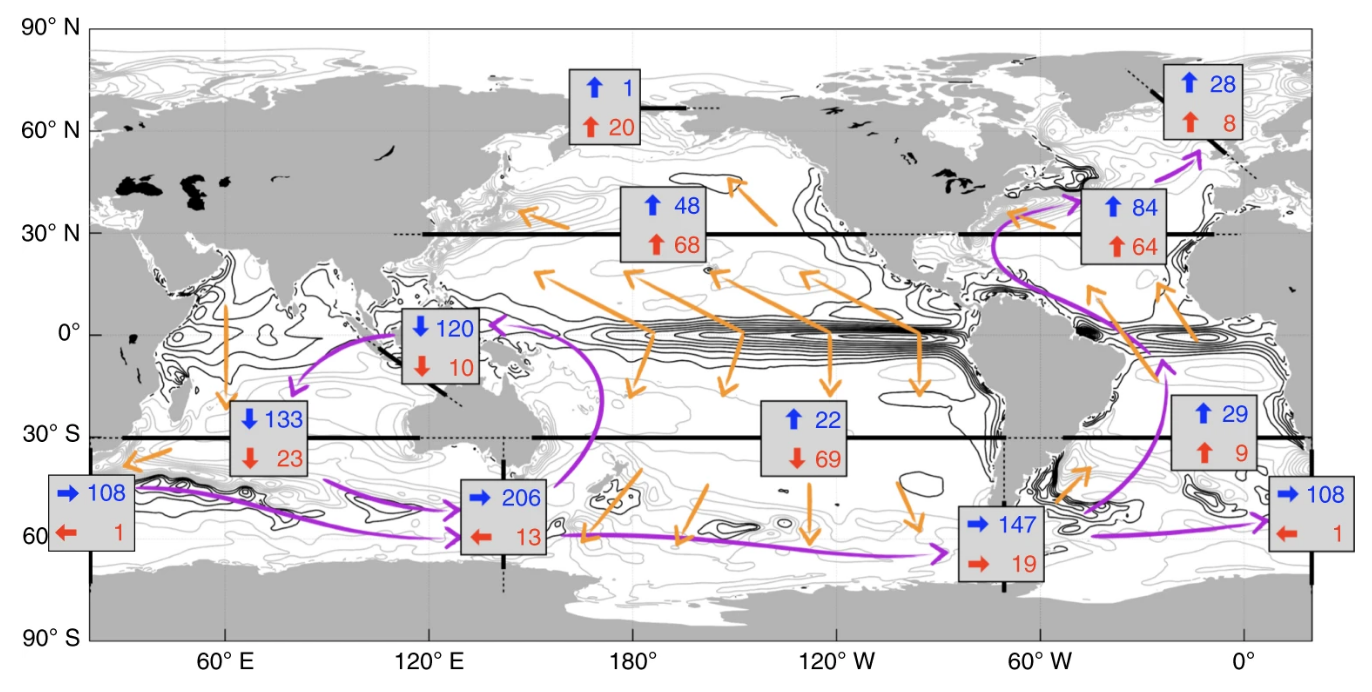 Researchers in the US and the UK have been analyzing ocean heat transport in a recent ECCO dataset to investigate how it varies globally
Researchers in the US and the UK have been analyzing ocean heat transport in a recent ECCO dataset to investigate how it varies globally
Cooling Climate with Volcanoes
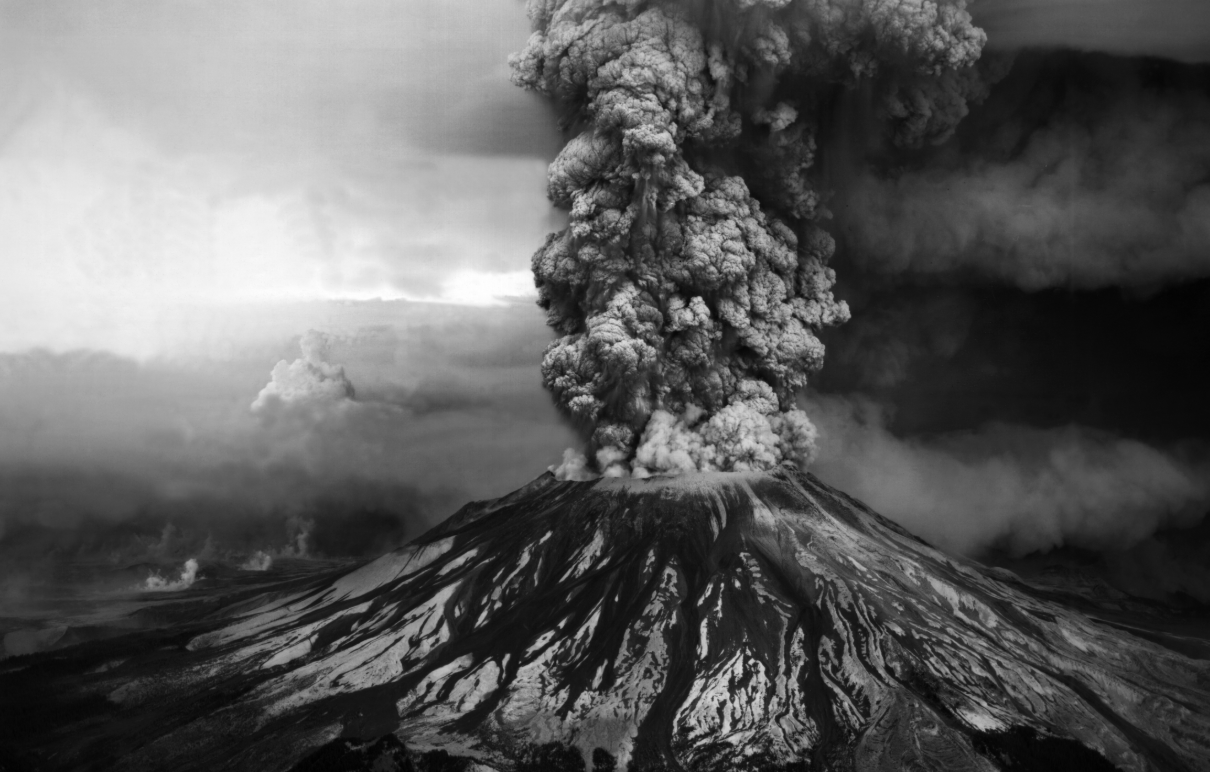 MIT study uses MITgcm to probe the ocean’s role in mediating the climate’s response to volcanic eruptions.
MIT study uses MITgcm to probe the ocean’s role in mediating the climate’s response to volcanic eruptions.
Plunging into Early Paleozoic Oceans with MITgcm
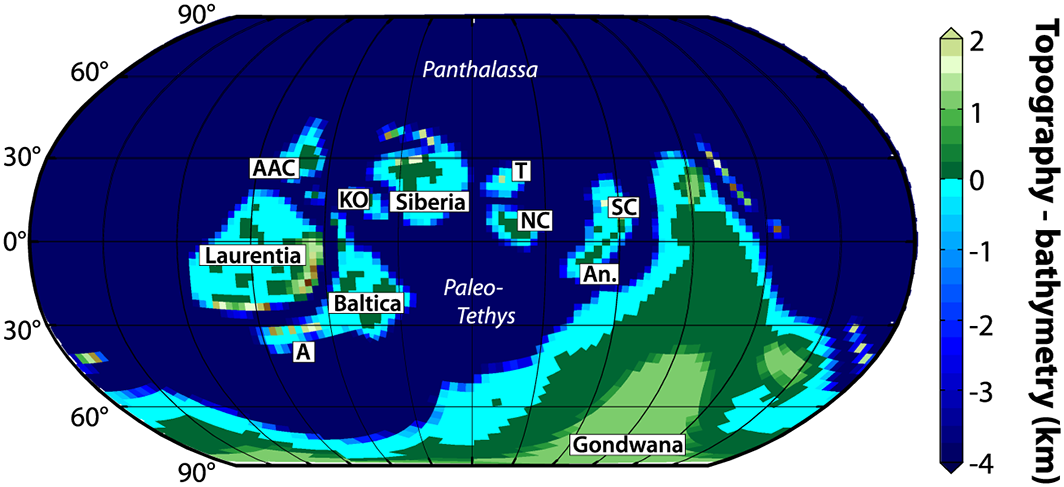 This month we spotlight new work by Alexandre Pohl and co-authors from France and the UK concerning ocean circulation in deep geological time. Pohl et al used a coupled ocean-atmosphere setup of the MITgcm to investigate the relationships between climate and marine biogeochemistry during the Late Ordovician (445 million years ago).
This month we spotlight new work by Alexandre Pohl and co-authors from France and the UK concerning ocean circulation in deep geological time. Pohl et al used a coupled ocean-atmosphere setup of the MITgcm to investigate the relationships between climate and marine biogeochemistry during the Late Ordovician (445 million years ago).
How Climate Change Might Muscle-Out Mediterranean Mussels
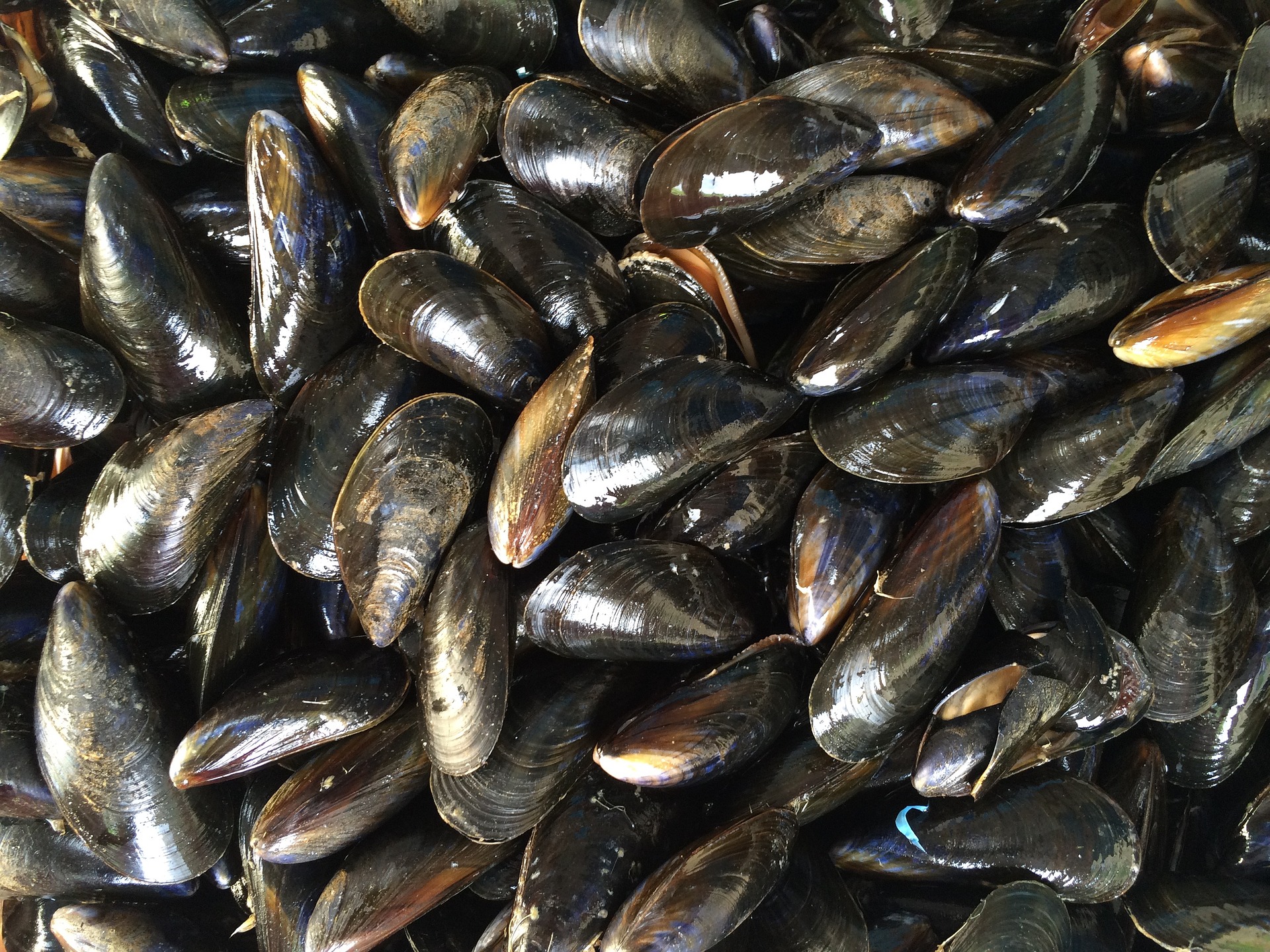 This month we spotlight work by a collaboration between European and US researchers, who have been using MITgcm in their study of how a changing climate could impact Mediterranean mussel beds.
This month we spotlight work by a collaboration between European and US researchers, who have been using MITgcm in their study of how a changing climate could impact Mediterranean mussel beds.
Summing Up Southern Ocean Upwelling
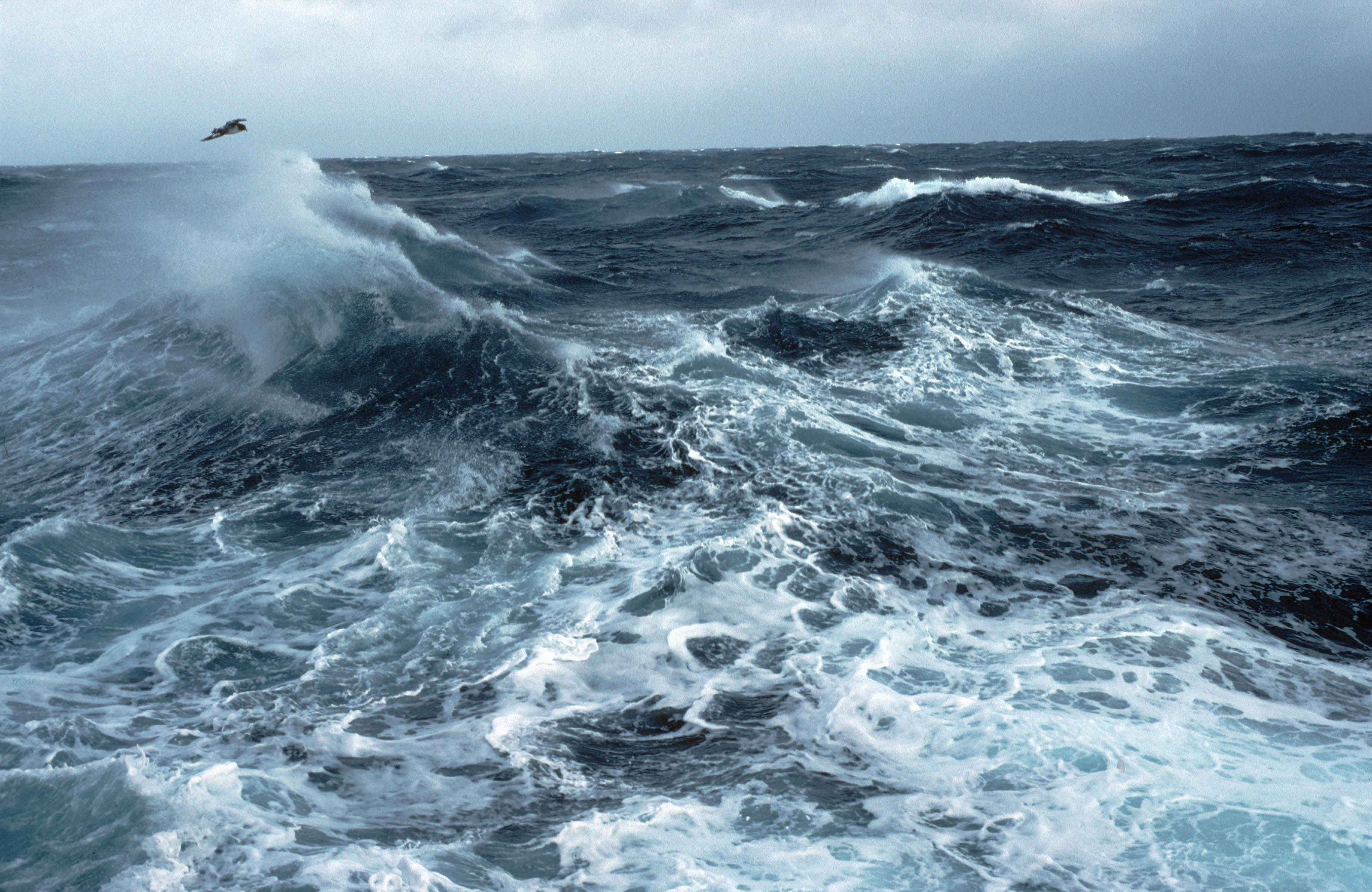 This month we spotlight work using MITgcm to better understand how upwelling associated with the Antarctic Circumpolar Current connects with atmospheric CO2 concentrations.
This month we spotlight work using MITgcm to better understand how upwelling associated with the Antarctic Circumpolar Current connects with atmospheric CO2 concentrations.
Snowballs in Summer
 Cool off with a study from Ashkenazy, Gildor, Losch and Tziperman who use MITgcm to explore the ocean in models of snowball earth.
Cool off with a study from Ashkenazy, Gildor, Losch and Tziperman who use MITgcm to explore the ocean in models of snowball earth.
